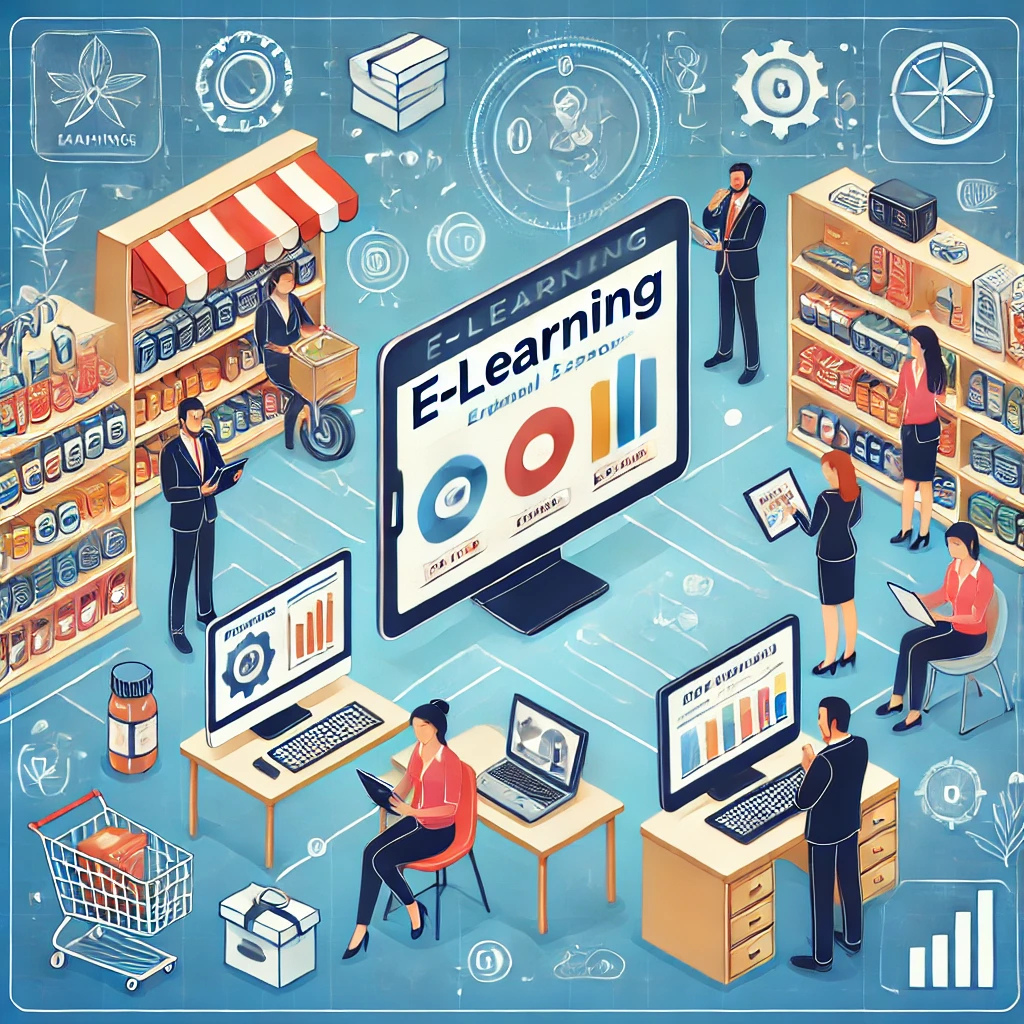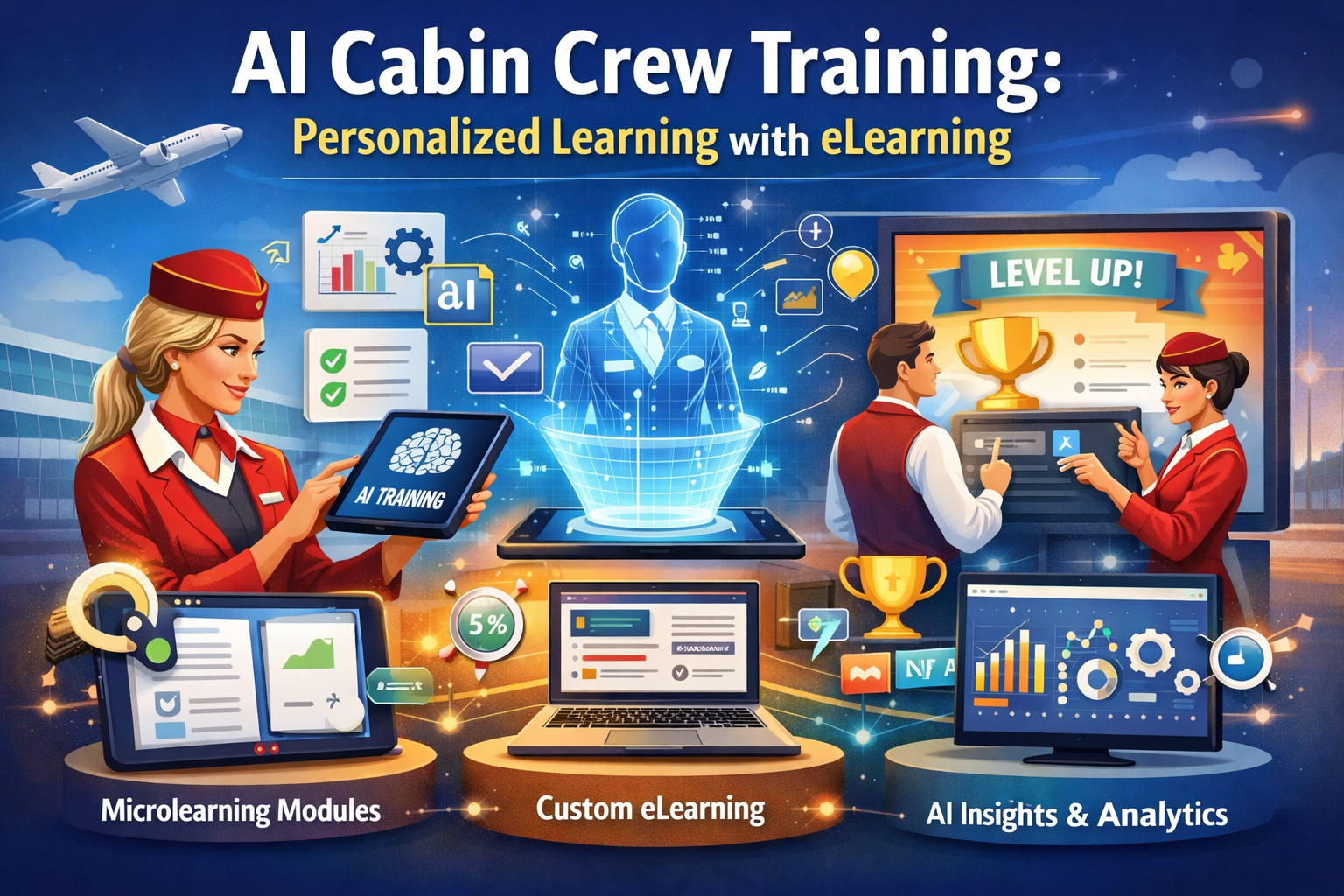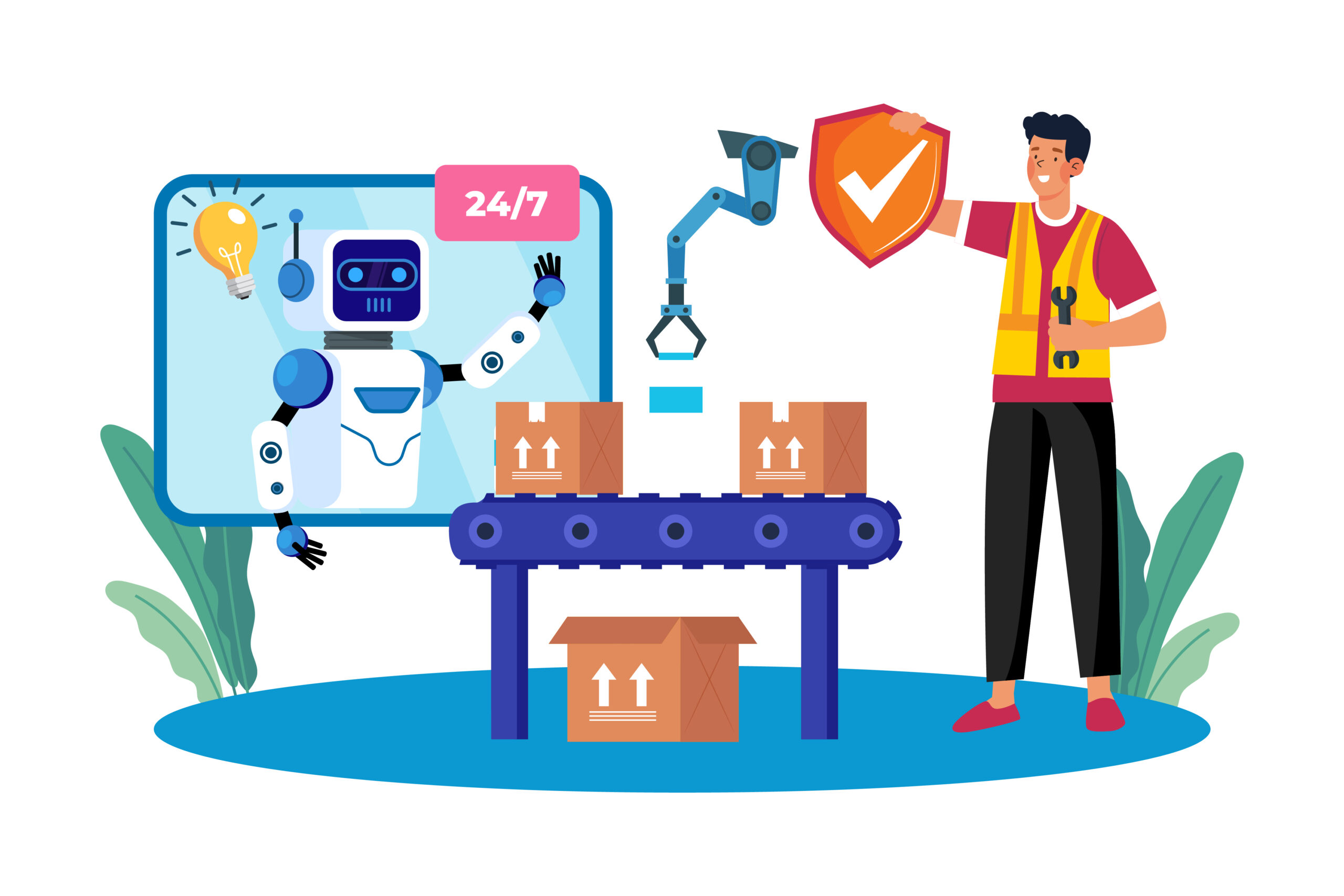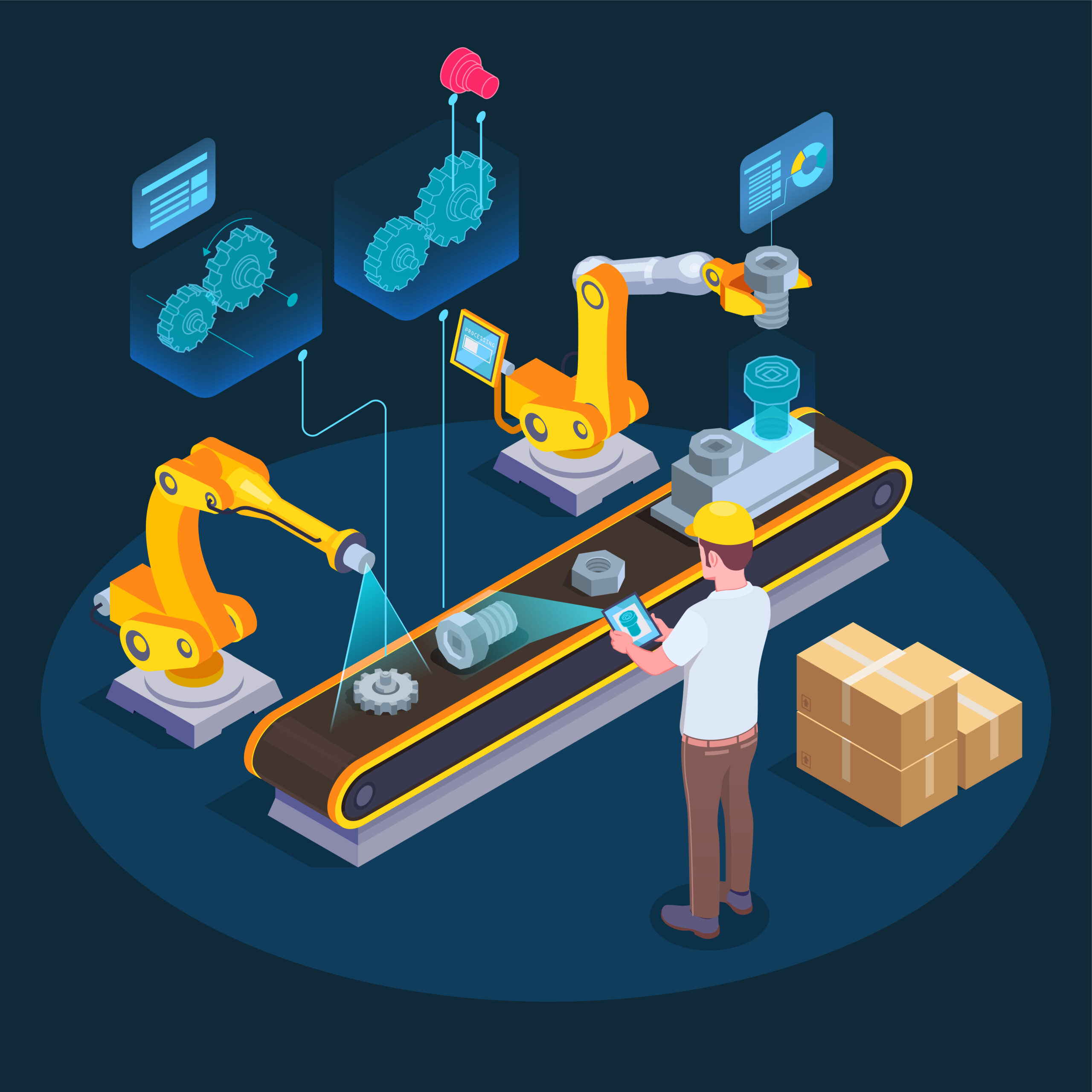The retail industry thrives on continuous learning and adaptability. With evolving consumer preferences, new technologies, and dynamic market trends, it’s crucial for retail businesses to invest in effective training solutions. e-Learning for retail provides a flexible, scalable, and engaging way to upskill employees and drive business growth. This guide explores the best practices and benefits of e-learning solutions tailored for the retail sector.
The Importance of e-Learning in the Retail Industry
Training plays a pivotal role in the retail business by:
- Enhancing employee knowledge about products and services
- Improving customer service skills
- Ensuring compliance with regulations and company policies
- Driving sales performance and operational efficiency
Traditional training methods often fall short in meeting the fast-paced demands of the retail industry. Learning retail business through e-learning solutions bridges this gap by providing accessible and effective training programs.
Key Benefits of e-Learning for Retail
- Flexibility and Accessibility
Retail employees often work varying shifts, making it challenging to attend in-person training sessions. e-Learning solutions allow employees to access training materials anytime, anywhere, accommodating their schedules. - Consistent Training Across Locations
For retail chains with multiple outlets, e-learning ensures standardized training delivery across locations. This consistency helps maintain uniform service quality and brand standards. - Cost-Effective Training
By eliminating the need for physical classrooms, travel, and printed materials, e-learning significantly reduces training costs. Retail businesses can allocate these savings to other strategic initiatives. - Interactive and Engaging Content
Modern e-learning platforms utilize multimedia elements like videos, gamified modules, and quizzes to keep learners engaged. This interactive approach makes training more effective and enjoyable. - Real-Time Tracking and Analytics
Learning management systems (LMS) provide insights into employee progress and performance. Retail managers can use this data to identify knowledge gaps and tailor additional training accordingly. - Faster Onboarding
New hires in the retail sector can quickly get up to speed with e-learning onboarding modules designed for onboarding. This accelerates their ability to contribute to the business.
Best Practices for Implementing e-Learning in Retail
- Identify Training Needs
Conduct a thorough analysis of your business’s training requirements. Focus on areas like product knowledge, customer service, sales techniques, and compliance. - Choose the Right Platform
Select an e-learning platform that supports the unique needs of the retail industry. Features like mobile accessibility, intuitive design, and robust reporting capabilities are essential. - Develop Tailored Content
Create content that resonates with your retail employees. Include real-world scenarios, role-playing exercises, and interactive elements to enhance learning. - Encourage Continuous Learning
Promote a culture of continuous improvement by offering ongoing training opportunities. This keeps employees motivated and prepared for industry changes. - Monitor and Optimize
Leverage analytics to track training outcomes and gather employee feedback. Use these insights to refine and improve your e-learning programs.
Why Red Chip Solutions?
At Red Chip Solutions, we specialize in creating customized e-learning solutions for the retail industry. Our expertise in learning retail business ensures that your workforce receives practical, engaging, and impactful training that drives results.
Conclusion
e-Learning for retail is transforming the way businesses train their employees. By offering flexible, engaging, and cost-effective training programs, retail organizations can enhance employee performance, improve customer satisfaction, and achieve business objectives.
Ready to revolutionize your retail training? Contact Red Chip Solutions today to explore our tailored e-learning solutions for the retail industry.





